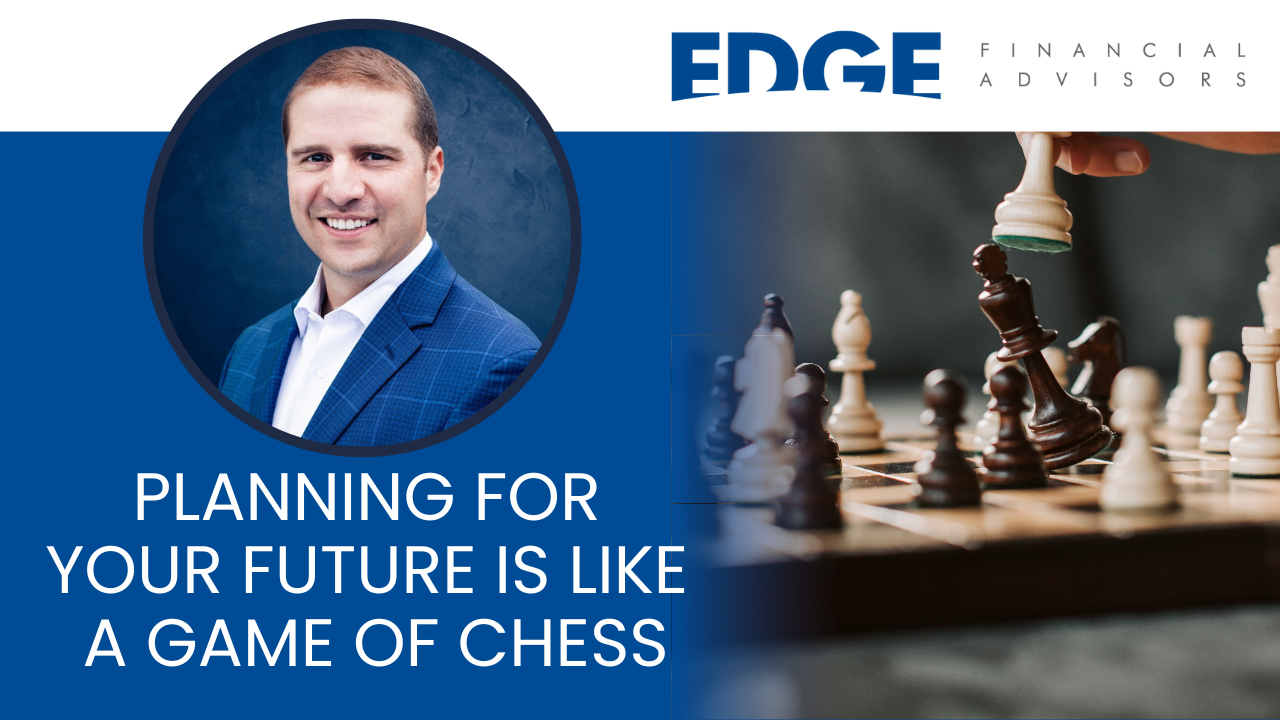
[Blog] Planning for Your Future Is Like a Game of Chess
May 18, 2023You must play your own unique game to build your wealth.
When I first started playing chess, I obsessed about how good my opponent was.
I looked for his or her rating before the match. And then my stomach churned with anxiety.
This prevented me from focusing on my own strategy.
During the match, I ended up reacting to every move this person made. I played to not lose instead of playing to win. I didn’t trust myself.
I quickly realized that while I need to adapt to the style of my opponent, I should not deviate from the style of play that I was good at. That is, what makes me unique and competitive. I needed to focus on my game, not that of the other person.
This is also true in planning for your financial future. The key is to focus on your game, your financial goals.
Positioning Your Nest Egg
In chess, your goal is to put yourself in a strong position, a position to win. Yes, you need to account for your opponent’s moves, but you need to focus on your strategy first. The same is true in planning for your future.
Your opponent in financial planning is not singular. There is not one opponent; there are many. One is taxes, of course, the so-called rules of the road. Taxes eat away at your income and ability to save for retirement. Another rule of the road is estate and insurance planning – what you can and can’t do, based on regulations. Still another formidable opponent is the stock market itself. If you have a significant chunk of your money in the stock market, you know well the anxiety that comes when the market drops significantly.
The game of chess ends when you checkmate the other king. Consequently, your king is the most important chess piece on the table, and you need to protect it. In planning for your future, your king is your assets, your nest egg, the wealth that you have created thus far.
Protecting your “king” means making sure you have enough to live on while also keeping an eye on your future goals (attacking the other king). Too much protection, and your assets won’t grow. By attacking too much, you may risk losing what you’ve accumulated.
That ongoing balance changes with every single move made on the chess board.
Different moves are made in life too – we marry, have children, land a promotion, lose a job, receive an inheritance, or start a business – just to name a few. Or, perhaps, Congress passes a new law, which may affect how much we can save.
My point is that just like chess, the game of planning for your future is dynamic. And complicated. Which is why playing your game (your goals and what you want to accomplish) is so critical.
Once I started focusing on my game in chess, I started winning more. And my anxiety vanished—because I was in control. The same is true with your retirement savings: take control of your financial planning game and feel in control of your future.

